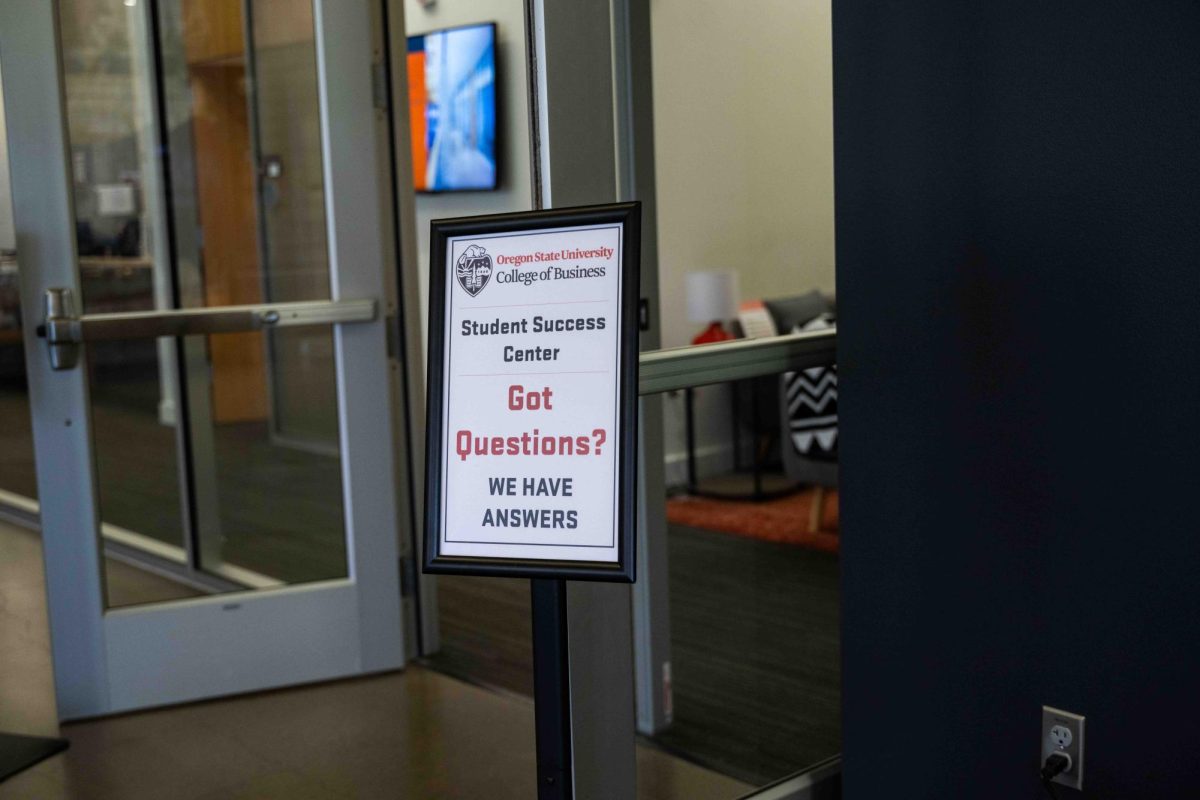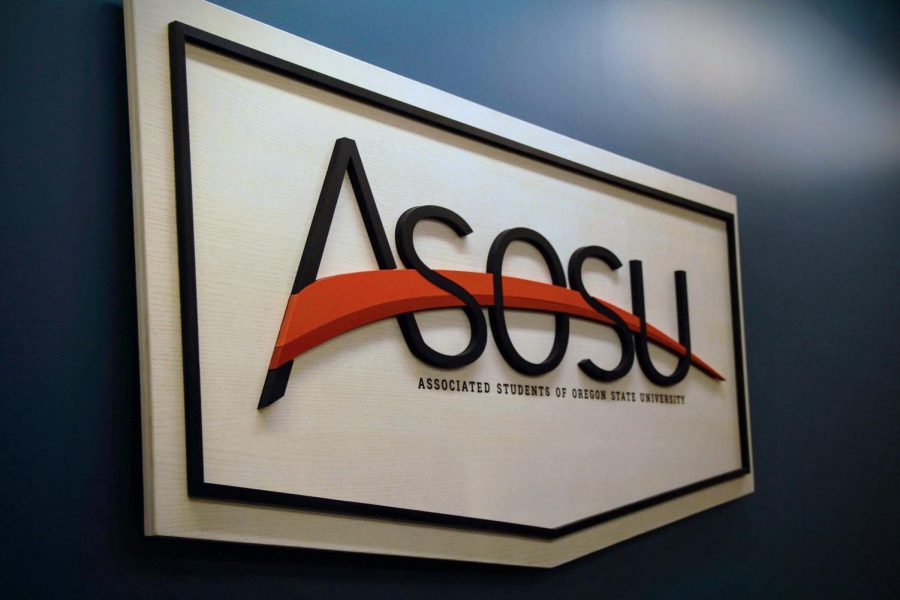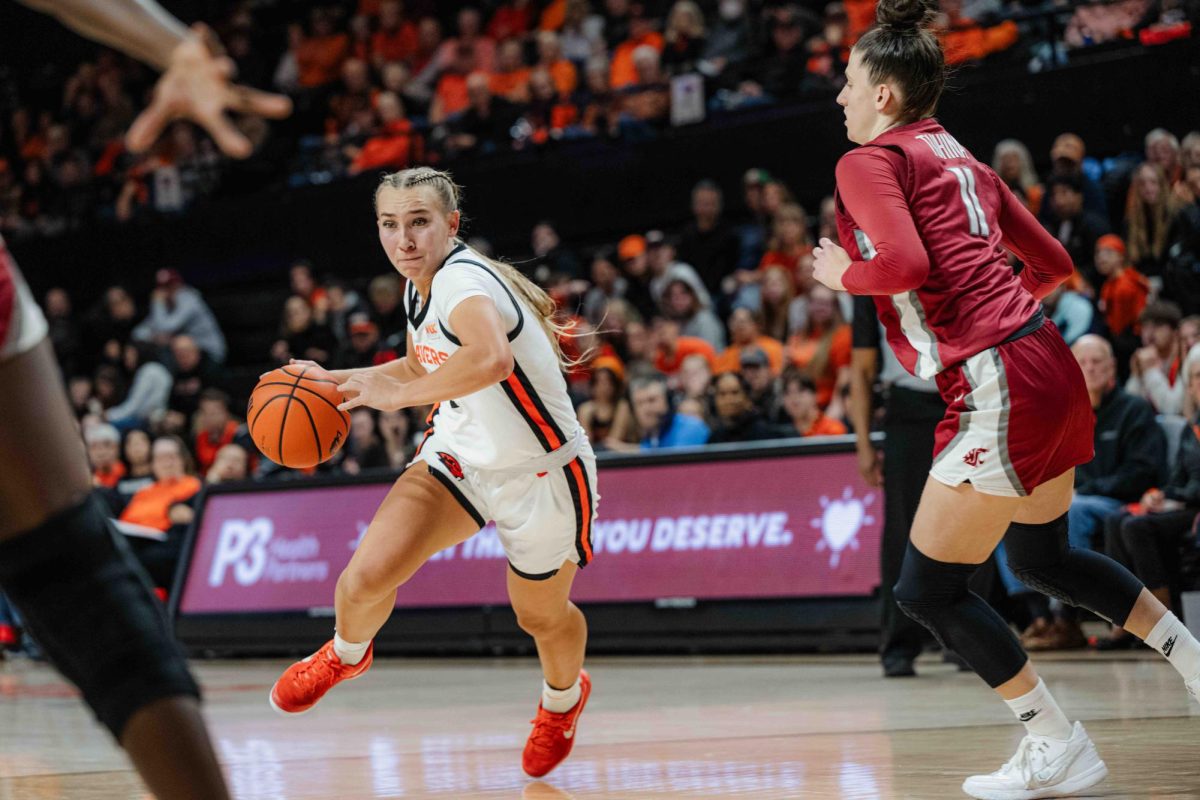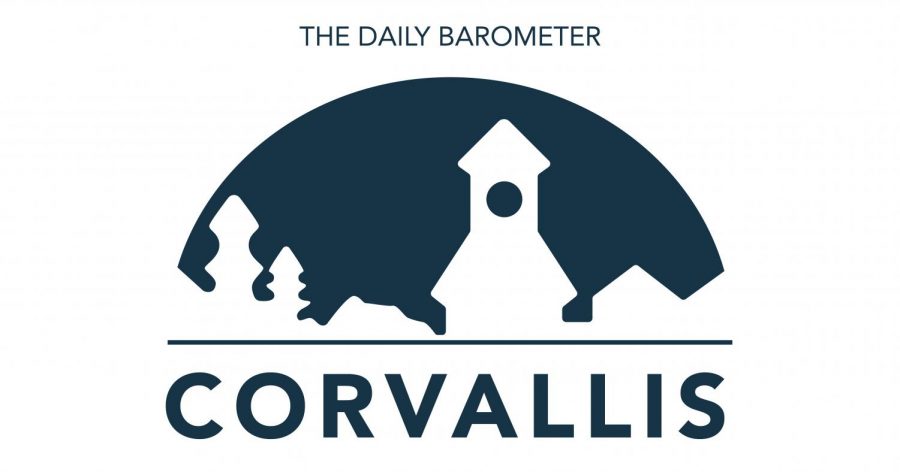Last week the City of Corvallis hosted an open forum with the community to discuss possible scenarios for introducing a food hub to south Corvallis, an area that has long been considered a “food desert.”
A food hub is defined by the National Good Food Network as “a business or organization that actively manages the aggregation, distribution and marketing of source-identified food products primarily from local and regional producers.”
The city presented three possibilities for the new hub.
The first is a commercial kitchen scenario. This involves a long-term rental, a classroom space, a small business incubator, a co-packing facility and a light (smaller) food processing facility, according to Aliza Tuttle, the consultant presenter.
The benefits of this would include support for new and existing food business growth as well as meeting the top needs of local food businesses.
To implement a commercial kitchen represents an expected start-up cost of $40,000. The total projected funds needed would be $80,265.
The next option the city introduced would be a food cart pod.
The components of a new food cart pod include an indoor or outdoor gathering space, short or long-term food cart pad rental, low-barrier entry to business and small-business incubator support, according to Tuttle.
Some potential benefits of this option include expanding potential food resources in south Corvallis, which would meet community desires. Two potential operators have already expressed interest.
The start-up cost for a food cart pod is expected to be roughly $15,000. The total projected funds are $78,250.
The final option the city presented is a wholesale scenario.
This would potentially involve rectifying dry, cold and frozen storage to be rented monthly, a single local delivery site for wholesale producers, a streamlined online point-of-sale system with accounts to access the food, collaborative local marketing opportunities and opportunities for consumers and buying clubs to purchase local food in bulk at wholesale prices.
The potential benefits of this scenario are increasing consistency of wholesale supply for purchasers, increasing wholesale opportunities for existing farms and increasing availability for wholesale pricing locally.
The estimated starting cost of introducing the wholesale food delivery and storage site is expected to be $303,400. The total expected funds are $433,000.
These scenarios were created with three community-expressed goals in mind, a focus on equity, affordability and food accessibility.
“It is important that equity is addressed in the process in every way we can,” Christopher Jacobs, the economic development manager, said during the meeting.
He expressed that this process of food hub development will rely on word of mouth in the community and that transparency is the key to success in any course of action.
The meeting ended with a discussion of a request for proposals.
A Request for Proposal is a procurement process with specific requirements to ensure fairness and transparency when awarding government contracts.
How does the community respond to the RFP?
The city will provide the RFP to anyone upon request but must record when they do so. The city uses this site to post the RFP and vendors have to register on it.
The Linn Benton Community College Small Business Development Center will consult with those wishing to respond in English and Spanish, helping vendors with the process.
RFPs will be due “tentatively by the end of June or early July,” according to the city’s presentation.
For more information on the details of the meeting and the offered scenarios, the meeting recording and presentation will be available on the city website.
For more detailed information on the RFP process contact Becky Burglund, central admin services analyst, at [email protected].












































































































